How Is Artificial Intelligence Used In B2B Companies: Here Are Powerful Examples
2 July 2021
There’s often a misconception that artificial intelligence (AI) is only applicable to businesses in the B2C space. It’s thought that since B2C companies have more customers, they have more data to leverage to make AI impactful. However, this couldn’t be further from the truth. AI is as relevant to a B2B company as it is to a B2C company. It’s important for every B2B company to evaluate the ways AI can help them produce better products, provide better services, and improve business processes. Here are just a few of the ways some B2B companies are using artificial intelligence today.
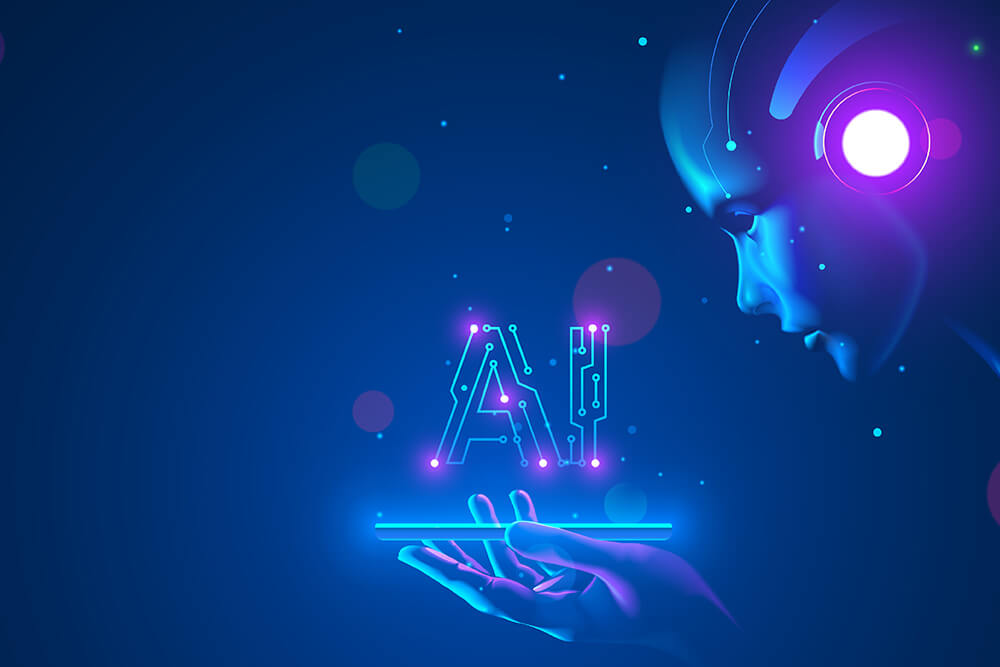
Better Products
One of the ways artificial intelligence supports B2B companies is by helping to create better products. In healthcare, AI is behind many innovative tools such as the CT scanner created by Siemens Healthineers that is powered by AI algorithms. This tool assists radiologists with step-by-step instructions specific to each patient to acquire the best images possible. With the support of AI, clinical decision-making can be more quantitative and accurate. Artificial intelligence also enables predictive maintenance, which helps improve product performance and reduces costly downtime.
Better Products
One of the ways artificial intelligence supports B2B companies is by helping to create better products. In healthcare, AI is behind many innovative tools such as the CT scanner created by Siemens Healthineers that is powered by AI algorithms. This tool assists radiologists with step-by-step instructions specific to each patient to acquire the best images possible. With the support of AI, clinical decision-making can be more quantitative and accurate. Artificial intelligence also enables predictive maintenance, which helps improve product performance and reduces costly downtime.
Better Services
There are many businesses that use artificial intelligence to provide better services to their clients. At Autodesk, intelligent design software changes how to design and build things. With machine learning, Autodesk provides its customers in manufacturing, architecture, engineering, and construction automated generative design technology. Artificial intelligence is also behind Salesforce Einstein, a customer relationship management system that features machine learning, natural language processing capability, and predictive analytics. This can help catapult the sales and marketing services of businesses. When it comes to transaction processing and data warehousing Oracle’s autonomous databases help reduce operational costs.
Better Business Processes
One of the most powerful ways artificial intelligence supports any company, including B2B organizations, is by improving business processes. B2B businesses must adopt AI technologies if they want to remain competitive in their industries. AI is changing the game with business processes from support services such as marketing, recruiting/human resources, finance, manufacturing, and more. In addition, automation of a variety of tasks in multiple functions also helps reduce costs.
Manufacturing
When it comes to manufacturing, artificial intelligence and machine learning have been revolutionary. Everything from supply chain and inventory management to predictive maintenance was improved or resulted from Industry 4.0 innovations for manufacturing. With the adoption of machine learning, McKinsey predicted a drop in forecasting errors by as much as 50 percent, and there are similar cost and time savings throughout every stage of the manufacturing process.
Marketing
Once artificial intelligence is put to work in the sales and marketing processes, data from websites, social media accounts, and contact databases can be analyzed for insights to help improve the number of leads generated as well as the quality of those leads. The hyper-personalization of marketing campaigns that’s possible thanks to AI technology and machine learning can also boost B2B business results in part because relevant content can be delivered at the right time. Now that chatbots and other AI-powered communication systems can provide customer service 24/7, there’s a lot of heavy lifting already completed before your human workforce needs to engage with your customers.
Human Resources
Is there room for AI in human resources? Absolutely! While the HR function is focused on humans, the reality is that AI can help optimize and analyze HR efforts just as it does for other disciplines. If you’ve applied for a job using a digital platform, you’ve experienced AI at work. Algorithms scan your credentials to spot relevant terms on your resume that might indicate a fit for the open position. But it’s not just recruiting that benefits from AI integration. Insights from AI can help HR departments understand employee referrals and analyze feedback from employees to make data-driven decisions. Responding effectively and accurately to employee feedback can improve the employee experience.
Finance
The finance arena is a natural fit for AI and machine learning applications since they already rely heavily on digital workflows and databases. Certainly, one of the biggest cost centres and areas that AI can help out finance departments is in the prevention and detection of fraud. AI is able to quickly process and learn from historical data to apply that learning to current reality and spot fraud. Also, AI can automate many mundane tasks associated with finance and accounting to free up human professionals to do tasks they are more qualified for.
Robotic Process Automation
Another way B2B companies can adopt AI technologies is through robotic process automation (RBA)—basically, RBA automates the tasks of workers. Solutions such as those from Automation Anywhere makes it easy for any company—not just those leading in the tech space or who have tech talent on staff—to get an out-of-the-box solution for RBA.
Related Articles
AI Agents Lead The 8 Tech Trends Transforming Enterprise In 2026
By now, “smart” versions exist of just about every home appliance, gadget and gizmos we can think of. However, manufacturers continue[...]
The 8 Data Trends That Will Define 2026
By now, “smart” versions exist of just about every home appliance, gadget and gizmos we can think of. However, manufacturers continue[...]
7 Quantum Computing Trends That Will Shape Every Industry In 2026
By now, “smart” versions exist of just about every home appliance, gadget and gizmos we can think of. However, manufacturers continue[...]
The Next Giant Leap For AI Is Called World Models
By now, “smart” versions exist of just about every home appliance, gadget and gizmos we can think of. However, manufacturers continue[...]
7 Revolutionary Space Tech Trends That Will Transform Life On Earth In 2026
By now, “smart” versions exist of just about every home appliance, gadget and gizmos we can think of. However, manufacturers continue[...]
4 Tech Trends That Will Shape 2026 And The Breakthroughs Powering Them
By now, “smart” versions exist of just about every home appliance, gadget and gizmos we can think of. However, manufacturers continue[...]
Sign up to Stay in Touch!
Bernard Marr is a world-renowned futurist, influencer and thought leader in the fields of business and technology, with a passion for using technology for the good of humanity.
He is a best-selling author of over 20 books, writes a regular column for Forbes and advises and coaches many of the world’s best-known organisations.
He has a combined following of 4 million people across his social media channels and newsletters and was ranked by LinkedIn as one of the top 5 business influencers in the world.
Bernard’s latest book is ‘Generative AI in Practice’.




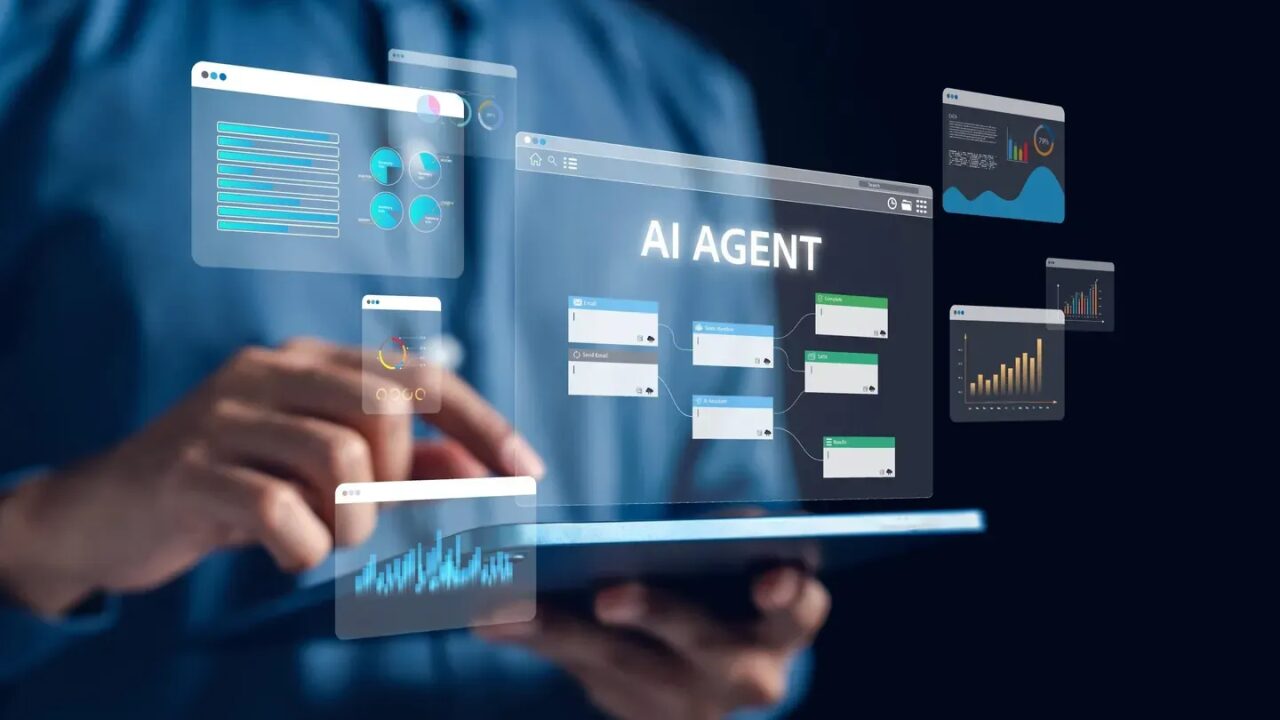
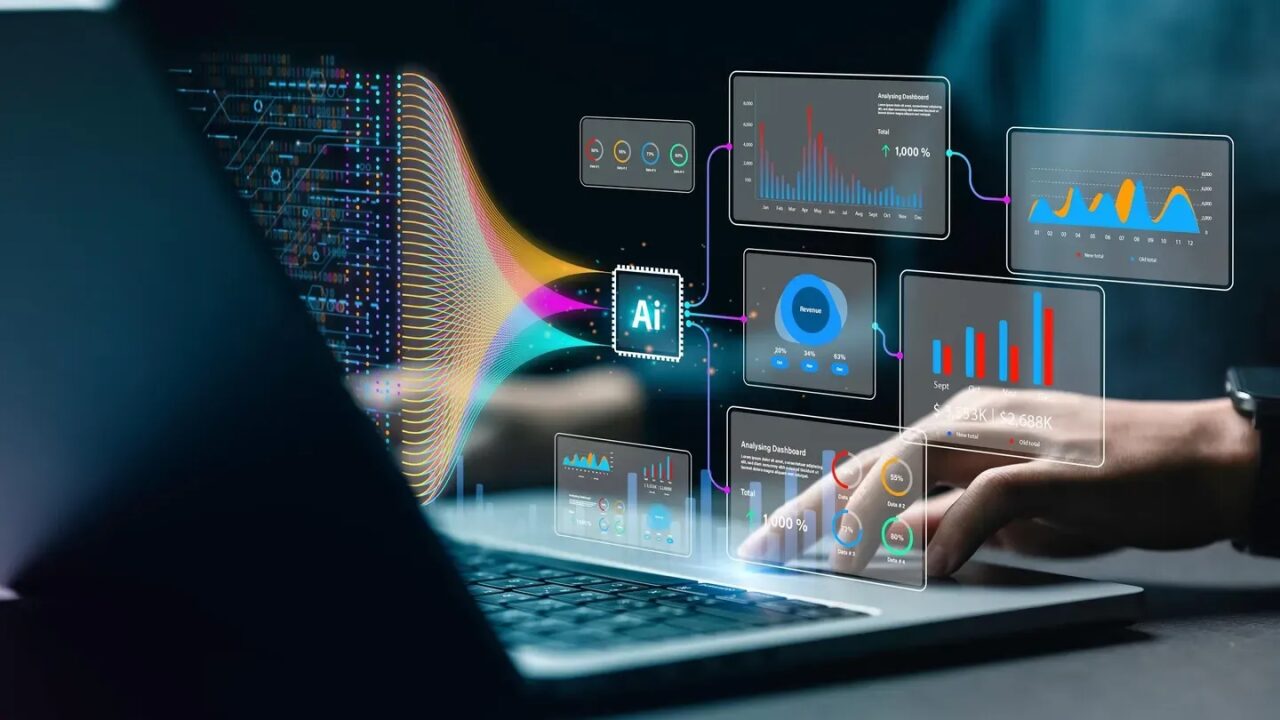

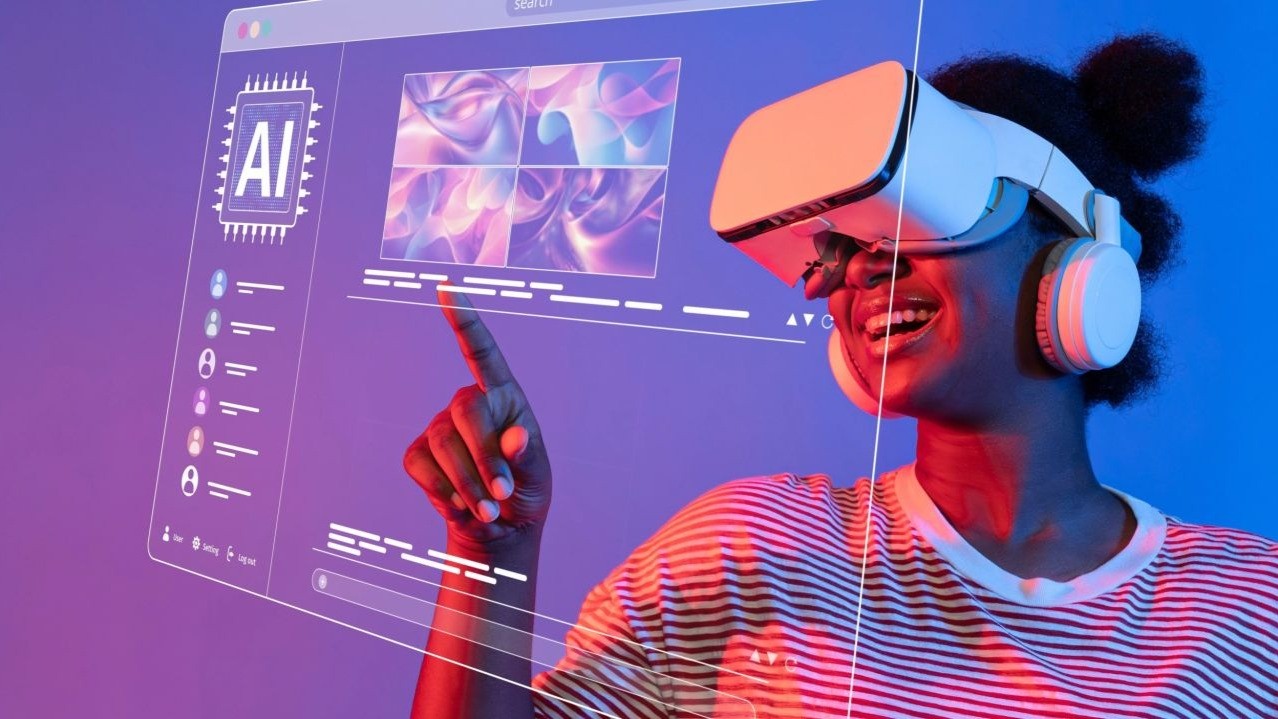

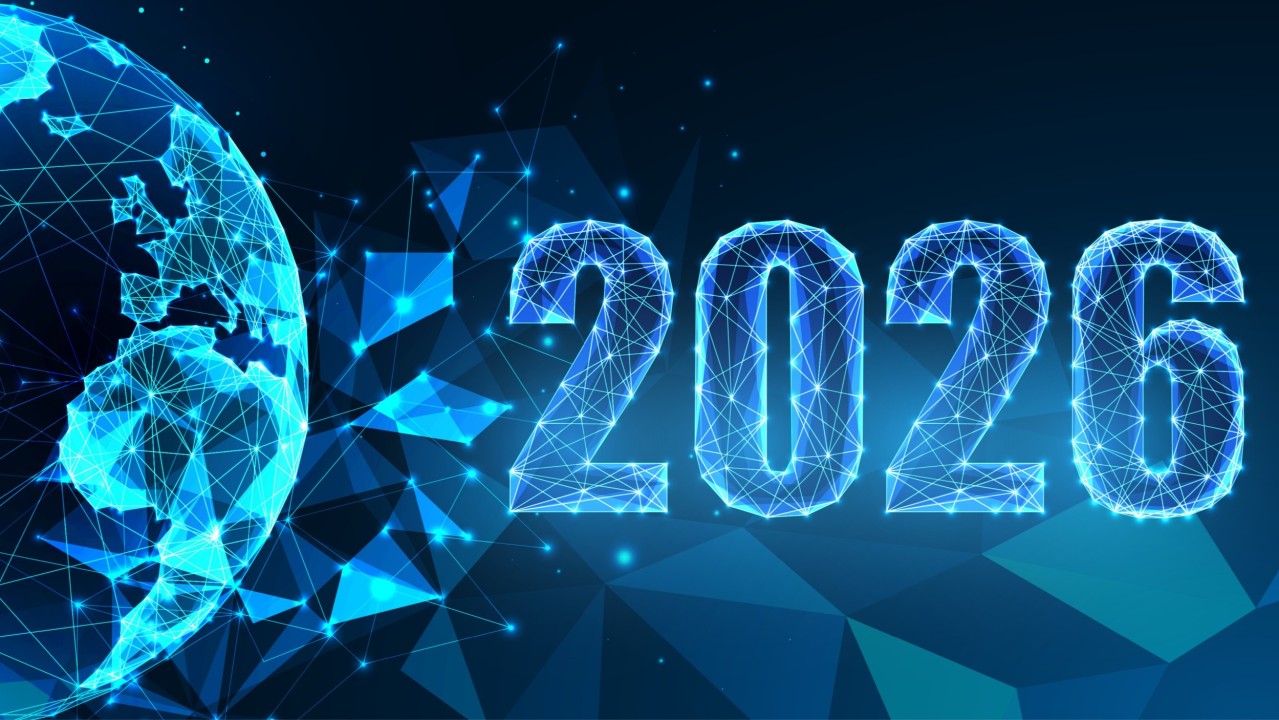
Social Media